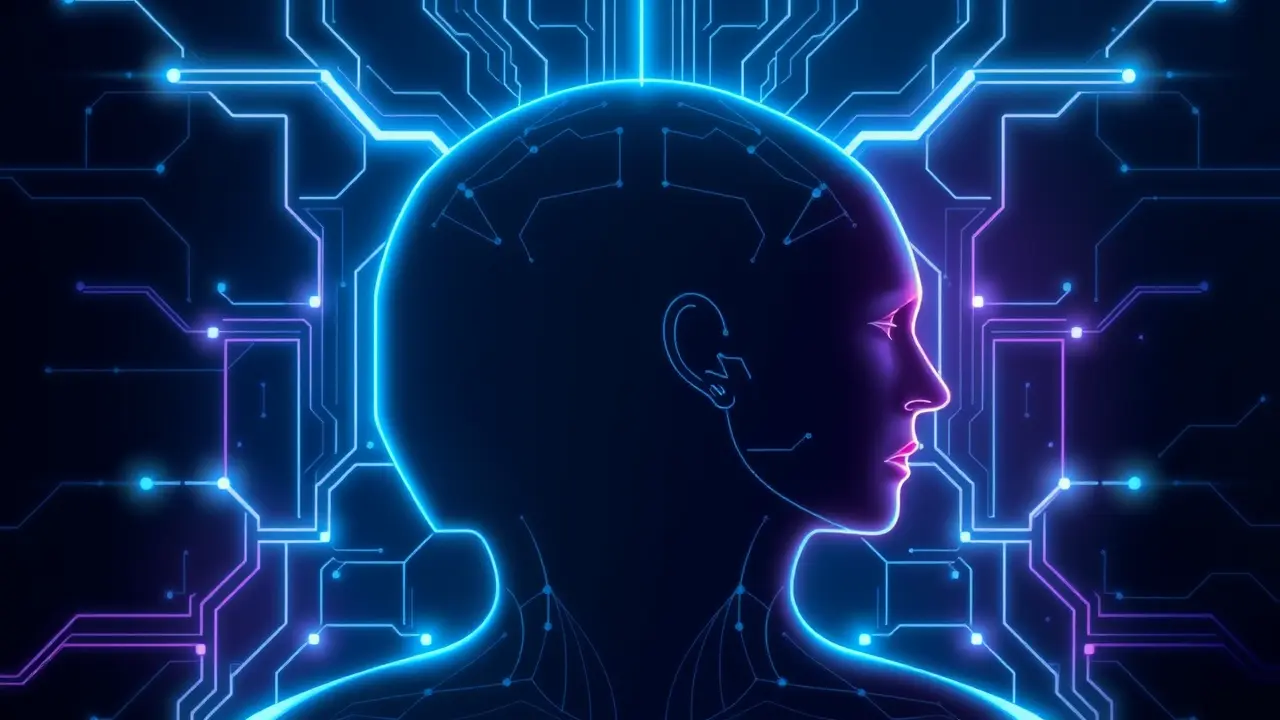AI Clones for Future Mental Health Therapy
The concept of a digital doppelgänger, a virtual copy of a person built from real-time data that never sleeps, stresses, or forgets a therapist's instruction, represents a frontier in mental health care that feels simultaneously ripped from science fiction and an inevitable conclusion of our data-saturated age. This idea of 'digital twins,' long utilized in manufacturing and urban planning to simulate outcomes and preempt failures, is now being rigorously explored for the human psyche, promising a future where your AI clone could offer perpetual, personalized support.The implications are profound, echoing the foundational debates in AI ethics that thinkers like Isaac Asimov first grappled with, forcing us to confront the delicate balance between unprecedented therapeutic opportunity and profound existential risk. Proponents, often hailing from tech-centric research institutes, envision a system where your twin, fed by a constant stream of biometrics, social media activity, and voice analysis, learns the intricate patterns of your mental landscape; it could detect the subtle linguistic shifts that prescribe a depressive episode, recognize the physiological markers of a panic attack hours before you feel it, and practice therapeutic interventions with you at 3 a.m. when human help is unavailable.This isn't merely a fancy journaling app; it's a paradigm shift towards predictive, preventative mental wellness, potentially democratizing access to support for millions in healthcare deserts. Yet, this very intimacy is the core of the ethical quagmire.The data required to build a truly effective twin is staggeringly personal—a complete psychic blueprint—raising alarms about privacy, security, and the creation of the most attractive target for malicious actors imaginable. Furthermore, the policy language surrounding algorithmic bias must be front and center; if an AI is trained on datasets that underrepresent certain demographics, its therapeutic advice could be ineffective or even harmful, perpetuating existing healthcare disparities.The risk of over-reliance is another critical consideration; could this technology, designed to augment human care, ultimately atrophy our own coping mechanisms and the irreplaceable therapeutic alliance formed with another human being? We must also ponder the philosophical weight of outsourcing self-understanding to a black-box algorithm, a entity that may understand our patterns but cannot comprehend our suffering. The path forward, therefore, cannot be charted by technologists alone.It demands a collaborative effort involving clinicians, ethicists, policymakers, and patients to establish robust governance frameworks—modern versions of Asimov's laws—that ensure these digital selves are built with transparency, consent, and rigorous oversight at their core. The future of mental health treatment may indeed lie in these AI clones, but whether they become benevolent guides or dystopian overseers depends entirely on the foresight and ethical rigor we exercise today.
JA
Jamie Larson123k2 days ago
wait so is this like a robot version of me that knows when i'm sad before i do tbh that's kinda creepy and cool at the same time
0
CH
Chloe Bennett123k2 days ago
this architecture is wild but the data privacy part makes me nervous ngl
0
JA
Jasmine Rivers123k2 days ago
a digital twin that knows my sadness before i do... this feels like planting a mechanical garden in the soul, where the roots are made of code and the silence hums with a borrowed understanding
0
CH
Chloe Miller123k2 days ago
you can really feel the care that went into thinking about the human side of this, especially for people who feel so alone at 3 am but idk, the idea of my entire self being a data point is just... a lot to process
0
